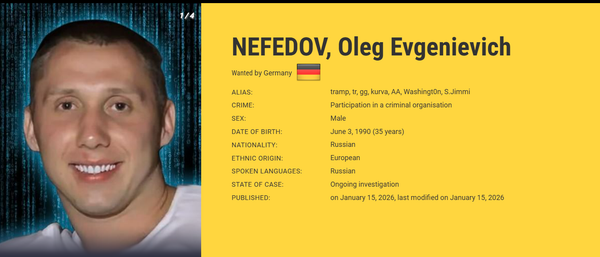UK, Danish food companies disrupted by cyberattacks
DDoSecrets published a data trove from TeleMessage hack, NOLA cops engaged in massive facial recognition, Stalkerware apps go offline, Chinese tech company hit by cyberattack, UK Post Office pays postmasters for leaked data, NHS cyberattacks risked clinical harm, much more





